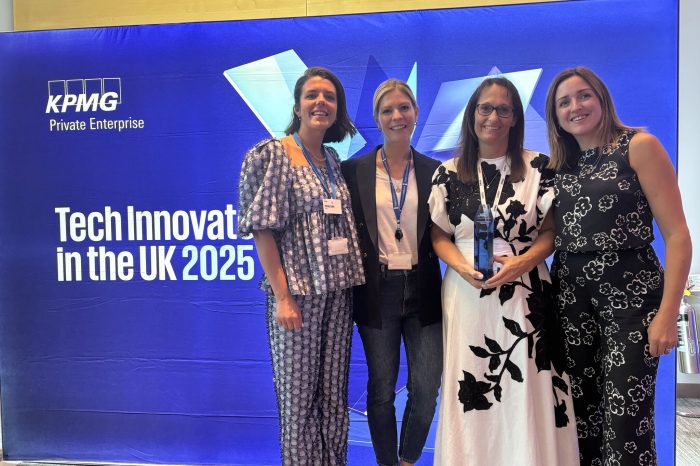Coventry tops Midlands for university spin-outs as new UK-wide register is published

Coventry University has emerged as the Midlands institution with the most spin-out companies, according to a new register published by the Higher Education Statistics Agency (HESA), part of Jisc—the UK’s digital, data and technology agency for tertiary education and research.
The register lists 2,269 spin-out companies from UK universities since 2012, including social enterprises. Of these, more than half are connected to just nine universities. Coventry University is credited with 50 spin-outs, the highest number among Midlands-based institutions.
Nationally, the University of Cambridge leads the register with 299 spin-outs, followed by the University of Oxford with 183. Other universities in the top group include University College London (152), Swansea University (139), the University of Manchester (122), Imperial College London (97), the Royal College of Art (72), the University of Bristol (64), Queen’s University Belfast (52), Newcastle University (45), and both the University of Nottingham and University of Glasgow with 44 each.
Spin-outs are typically created to commercialise intellectual property (IP) generated by university staff and often benefit from university funding and facilities.
The number of newly founded spin-outs peaked at 201 in the 2020/21 academic year but declined to 160 in the most recent year, not including nine operating in “stealth mode” to protect commercial interests.
To encourage greater regional participation in spin-out activity, the UK Government announced £30 million in funding in March 2025 for four regional hubs, including one in the Midlands. The funding aims to support universities in creating more commercially viable ventures.
The register also reflects changing trends in how universities structure their equity stakes. A growing number now take between 10 and 25 per cent ownership in spin-outs—down from earlier levels that reached as high as 50 per cent. This shift is intended to offer more incentive to founders and improve appeal to investors.
This recommendation was a central outcome of a 2023 review led by University of Oxford Vice Chancellor Irene Tracey and the University of Cambridge’s in-house venture capital fund. Equity arrangements in UK universities are gradually aligning with those in the US, where lower institutional stakes are more common.
According to the Royal Academy of Engineering’s annual Spotlight on Spinouts report (published with Beauhurst), the average university stake fell from 21.5 per cent in 2023 to 16.01 per cent in 2024—the lowest in a decade.
While the number of equity deals declined, total investment in spin-outs rose to £2.6 billion last year. Parkwalk was named the most active investor in UK spin-outs, having participated in 325 equity deals worth £1.84 billion since 2015. Other key investors include Scottish Enterprise (320 deals), Mercia Ventures (172), Cambridge Enterprise (132), and Oxford Science Enterprises (127).
The HESA register, compiled from university-submitted data, is the first of its kind globally. It includes spin-outs founded from 2012 onwards, along with older companies still in operation.
Image: By The Nicholson Family (Wikipedia Takes Coventry participant) – Uploaded from Wikipedia Takes Coventry, CC BY-SA 3.0, https://commons.wikimedia.org/w/index.php?curid=21056171






